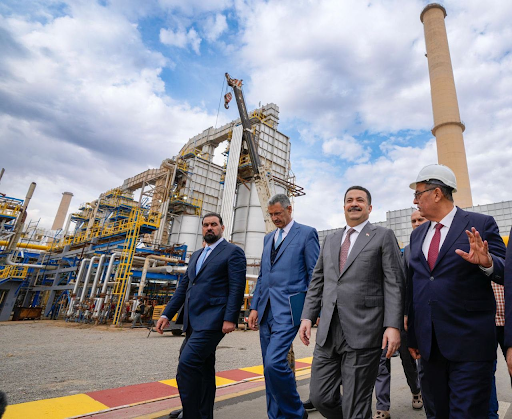
The US troops in Iraq are there to stay unless the US government chooses to pull them out
Since the 1990 US intervention in Iraq and the UNSC action after Iraq’s invasion of Kuwait, Iraq lost control of its economy and that has not changed. The Iraqi government recently asked the US to schedule full withdrawal of the latter’s troops. That is unlikely to happen unless the US needs or wants to pull troops out, because the US maintains tight control over the Iraqi economy which is entirely dependent on oil. Revenues from the sale of Iraqi oil is processed by US banks and the US government is leveraging it to keep troops in Iraq.
Member of the Finance Committee in the Iraqi Parliament,
Jamal Kujar, confirmed that there are three economic files that the United
States uses to pressure Iraq, namely the oil file, Iraqi funds in the US
Treasury, and the dollar file, and that the release of Iraqi funds in the US
Federal Bank has become conditional in accordance with American controls and
specifications.












































